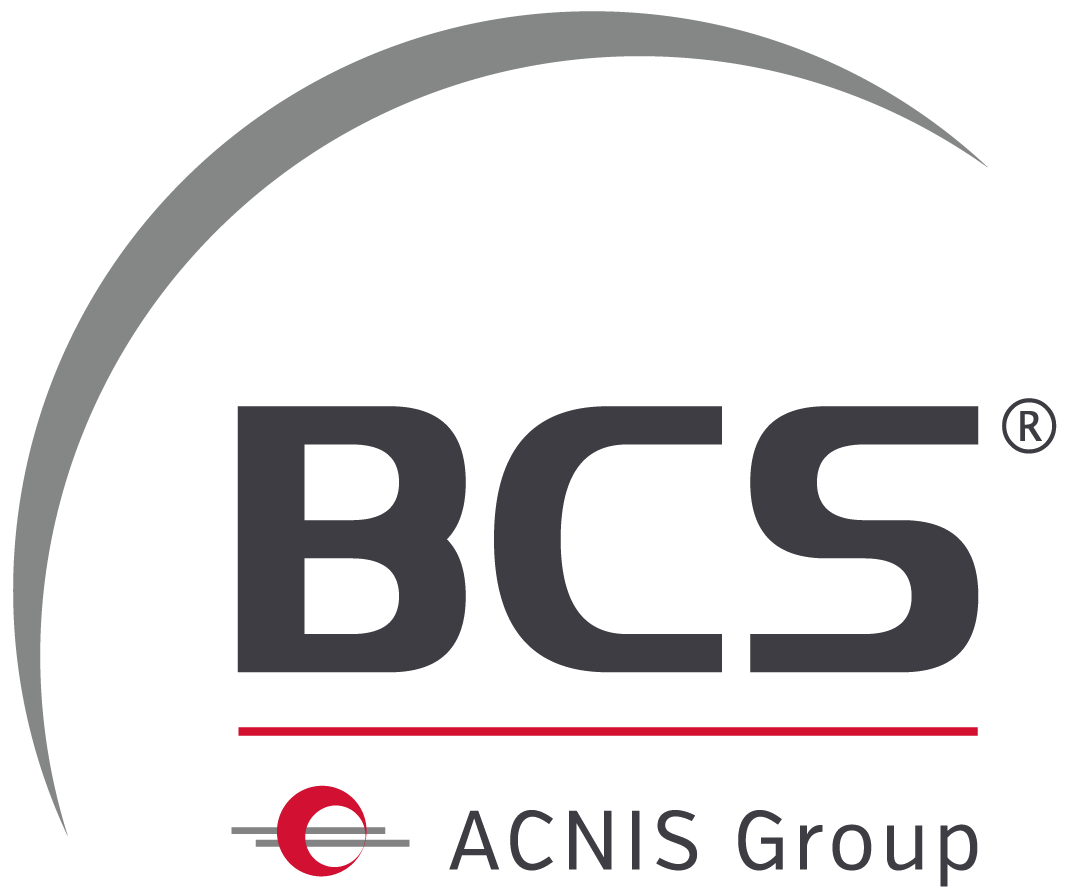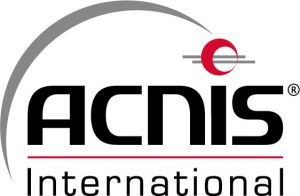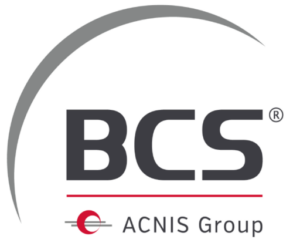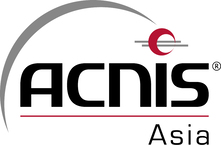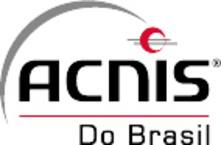Zirconia dental crown
Zirconia: The Essential Material for Dental Applications
Zirconium dioxide, commonly known as zirconia, is a mineral used to create extremely hard and durable ceramics. Initially employed in aeronautics and later by orthopedic surgeons for its biocompatibility, it is now widely used in various applications, including dental surgery. Zirconia is utilized to design crowns and bridges and has become a common material for dental implants.
The first ceramic implants were developed alongside titanium implants in the late 1960s. At the time, they were not adopted due to their composition, which made osseointegration difficult. This process, where the bone directly bonds with the implant, is essential for the success of the procedure. Since then, significant advancements have been made, and zirconium dioxide has become an indispensable material in the array of implant placement solutions.
Why has zirconia become popular in laboratories, among dentists, and with patients?
- Biocompatibility and absence of allergic reactions:
Zirconium is highly biocompatible, meaning it is well accepted by the human body and rarely causes allergic reactions. Unlike certain metals (such as nickel), which can lead to allergies or sensitivities in some patients, zirconium is a very safe material for oral tissues.
- Superior aesthetics:
Zirconium has translucency and a variety of shades that closely mimic the natural appearance of teeth. Unlike metal prosthetics, which can appear opaque and sometimes cause gum discoloration, zirconium provides a much more natural aesthetic and is undetectable once in place.
- Strength and durability:
Zirconium is extremely strong and durable. It resists wear and fractures, making it an excellent choice for dental prosthetics, especially in high-pressure areas such as molars.
- Compatibility with CAD/CAM technology:
Zirconium can be easily processed using computer-aided design and manufacturing (CAD/CAM) technologies, allowing for precise and perfectly fitting dental prosthetics. This reduces the need for adjustments and enhances the fit and comfort for the patient.
- No thermal conductivity:
Unlike metal prosthetics, zirconium does not conduct heat or cold, which protects the teeth and surrounding tissues from the unpleasant sensations caused by extreme temperatures in food and drinks. This greatly improves patient comfort in daily life.
- Corrosion resistance:
Zirconium is highly resistant to corrosion, unlike metals that can corrode over time in the humid environment of the mouth. This property ensures increased longevity of zirconium prosthetics without deterioration.
- Gum compatibility:
Zirconium is gentle on gingival tissues, reducing the risk of inflammation and gum recession. The edges of zirconium prosthetics are often smoother and better tolerated by the gums compared to metal edges, which can cause irritation.
- Reduced bacterial plaque accumulation:
Zirconium surfaces are less prone to bacterial plaque accumulation compared to metals and some ceramics. This contributes to better oral hygiene and reduces the risk of secondary cavities and periodontal diseases.
- Lightweight:
Zirconium is relatively lightweight, which can enhance patient comfort. Metal prosthetics, on the other hand, can be heavier, which can be uncomfortable, especially for larger prosthetics.
- Customization:
Zirconium can be easily tinted to perfectly match the patient’s natural tooth color. This allows for a high level of customization for optimal aesthetic results, which is not always possible with metals and may be limited with certain ceramics.
Find out more about the use of zirconia in dentistry on our dedicated page for professionals..
